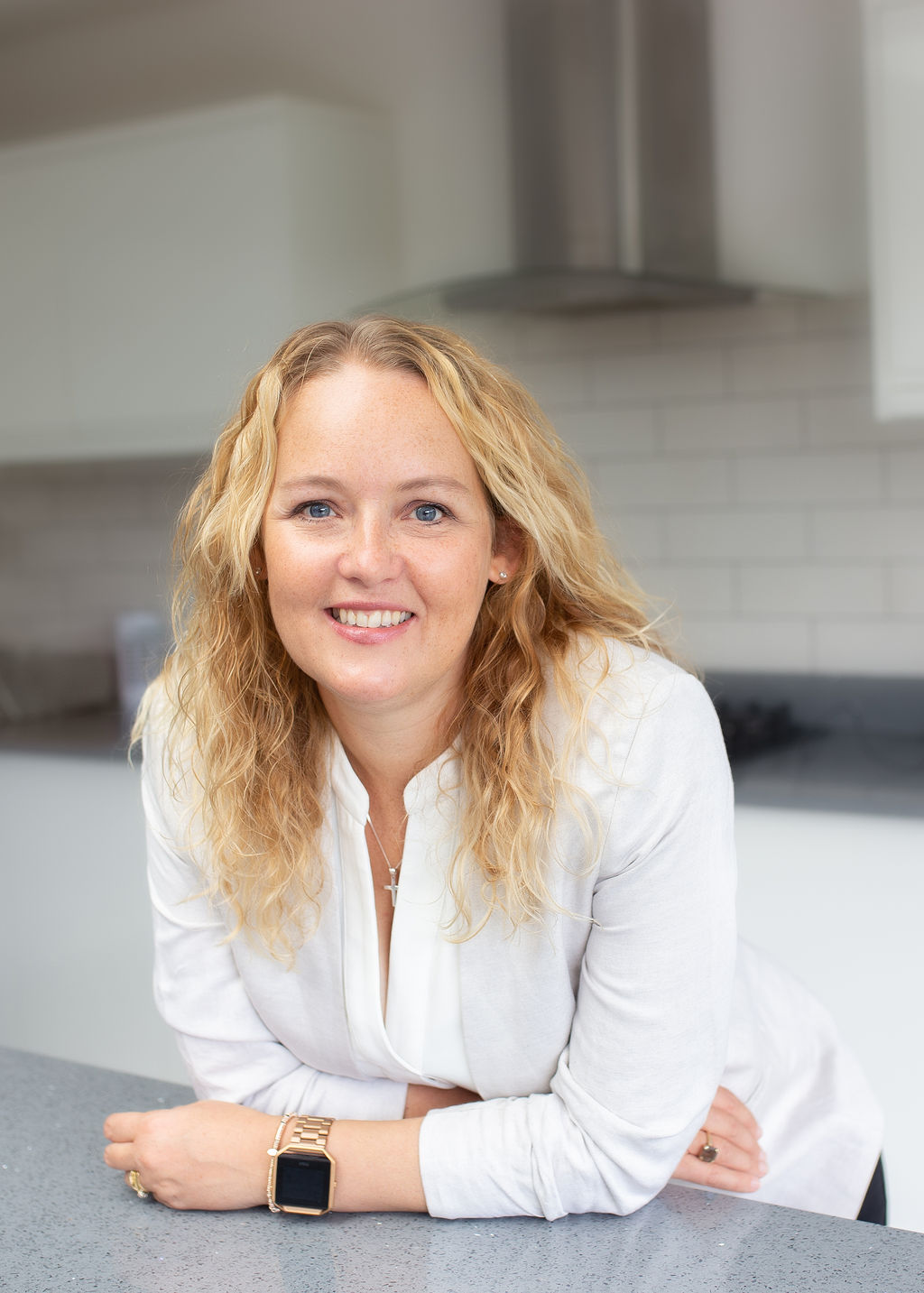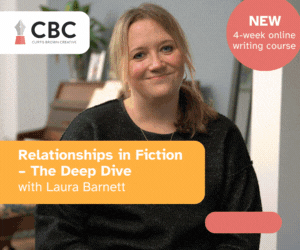Ask An Industry Expert: Emily Ruston
20 November 2020
Today I’m delighted to welcome Emily Ruston, Editorial Director of Boldwood Books
 Hello and welcome, Emily. First of all, many congratulations to you and all your colleagues that Boldwood Books was one of the finalists for the RNA’s Publisher of the Year 2020. Could you tell us a little of your journey from freelance editor to this new position with Boldwood?
Hello and welcome, Emily. First of all, many congratulations to you and all your colleagues that Boldwood Books was one of the finalists for the RNA’s Publisher of the Year 2020. Could you tell us a little of your journey from freelance editor to this new position with Boldwood?
Hi, it’s lovely to be here, and a really exciting time to be part of the Boldwood team! I’ve been freelancing for numerous publishers and self-publishing clients for the last 14 or so years and it’s been a great way to balance my passion for all things publishing with the demands of a young family. But when the opportunity to join Boldwood popped up, I couldn’t resist! They are a small and dynamic team publishing amazing books and I wanted to be a part of that.
What are the most important qualities an editor must bring to that important role? And are there any rules for what they shouldn’t do?
Being open, honest and a good listener. For me, the relationship between an author and editor should always be collaborative; after all we are all working to achieve the same goal – getting great books into readers’ hands! But I’m always very conscious that any feedback I give needs to be fair and sensitive. So being a clear communicator is key, but also listening to an author’s concerns too. It might be that they have another idea as to how to fix a problem, so I’m always open to a good brainstorming session, where we chat through problems, story ideas, or character motivations. Midway through a chat I can often be heard to say “Oooh, ooh! What about this!” It’s a partnership and it should always be able to adapt to changes.
In your experience what are the most common things an author needs help with? In other words, what are you most likely to be querying or advising on with those colourful comments in the margin?
Internal. Emotional. Conflict. Without a doubt the thing that makes or breaks a story – especially a romance! Why are these characters at odds with each other? What obstacles do they need to overcome in order to reach their happy ever after? And how does this conflict affect their characters and personalities? What emotions does it generate?
If a conflict can be overcome by your hero and heroine sitting down and having a conversation over a glass of wine, then it isn’t a strong enough conflict. You have to dig deeper into your characters’ thoughts, feelings, hopes and dreams to understand why this is such a big issue for them.
My own experience of working with several different editors has been that they tended to pick up on different things and I know I learnt something different from each of them in regard to self-review of my manuscripts. So here’s my question. Do you think it’s preferable for an author to work with one main editor over a period, covering several books and developing that important working relationship—OR is it helpful for the author to gain different perspectives by working with different editors (and vice versa)?
Great question! I suppose it depends on where an author is on their writing journey. For someone just starting out, lots of eyes on your manuscript can definitely help to show the strengths and weaknesses of your writing and storytelling. Are you getting consistent feedback that a character isn’t working? Or that a plot point isn’t quite right? Listen to what people are saying they like/dislike about your writing and use that feedback to strengthen your work.
For authors who are slightly further along, a relationship with just one editor can help to take your writing and author brand to the next level. Your editor will get to know your unique quirks, will pick you up on that persistent weak conflict, but also be able to spot new strengths to your writing style too.
I would say that in either scenario, if you are getting feedback on your writing that you aren’t happy with, simply switching to a new editor in the hopes of hearing something new isn’t the answer. Acknowledge the point raised and try to find a way to fix it.
I notice Boldwood is coming up to its 2nd birthday and won the Nick Robinson Newcomer of the Year Award 2020—congratulations! Boldwood’s first title was only published about 18 months ago, but I note you are currently closed to submissions. I’m sure you’re not the only publishing house that has to find a balance between creating a list of excellent authors across a range of genres on the one hand and seeking new talent on the other. How do you do it?
At Boldwood we try to ensure that all of our authors add value to our list but also, more importantly, feel valued and part of the Boldwood family. We will carefully identity areas where we want to expand our list and target that area, opening up to submissions for a brief window. It is definitely a balance, but finding new authors is one of the most exciting parts of my job!
Diversity and inclusion are high on the agenda for the RNA, as for many other organisations. How does Boldwood’s selection of books and authors reflects these principles?
A really important question for the publishing industry as a whole. We have been, and always are, open to hearing all voices. We have ongoing conversations within the team about diversity and inclusion and what steps we can take to ensure a richer variety of voices are heard. It’s a long-standing challenge that requires a long-term strategy, but we are working towards that on a daily basis.
Given the range of genres you publish, including crime/thriller, women’s fiction, historical and saga as well as romance, can I ask where romance figures in terms of what you might be seeking at present (if you were receiving submissions!)?
Romance is such a popular genre with readers and our biggest seller, so it is always very high on our list. We currently have so many wonderful authors writing amazing romance that anything new would have to offer something uniquely different. A new re-telling of an old story, perhaps. I recently watched (and loved!) Love Life featuring Anna Kendrick and it offered such a fresh perspective on relationships, love and friendship – it was brilliant!
When a new submission lands on your desk (or in your inbox), what makes you sit up and take notice?
Author voice. That tingle at the back of your neck that tells you to keep turning the pages. Sometimes the story might not work at all, or you might think the author is writing in the wrong genre, but brilliant writing will always rise to the top. After that, I’m interested in a strong commercial hook and market appeal. Is this story offering something new or different that readers will engage with? Or is there the potential to fix that? It’s the excitement of thinking, “I really want to share this talent with the team!”
What kind of submissions do you hope to see more of in 2021?
I’d like to see some great gang-lit, but not the usual London based gangsters. I’m a Black Country girl so I’d love to see some regional hooks – a modern day Peaky Blinders or Manchester mobs! Some gripping crime/thriller and psych suspense never goes unnoticed and I love a shocking twist! But I am a sucker for romance too and epic love-stories that sweep readers off their feet…sigh.
Do you look for anything in an author apart from a brilliant book? (such as social media presence)
A strong social media presence is becoming increasingly more crucial, but it’s not a deal-breaker. A compelling story that readers will engage with is always the key factor.
What is your typical working day like?
Busy! But I think most people will be feeling that after the craziness of 2020. I’ve been working at home now for some years, so whist lockdown didn’t really change my working day, it definitely changed my working environment. I suddenly had to factor in kids potentially self-isolating from school and needing a laptop and space to access online lessons, a husband on work zoom calls etc., so it definitely became more challenging! However, my day usually starts with a nice cup of tea. Then a quick dash on the school run followed by a head clearing walk. I’ve found this has really helped to kickstart my day, especially this past year when we have been so confined to the same four walls. Then back home for another cuppa and I check emails and social media and catch up with anything immediately important. There might be an author chat/catch up or checking in with other team members about various projects.
If I’m reading or editing, I will often switch off the internet completely so that I’m not distracted by anything. I have to work in relative silence so no TV or radio (or husband – he is VERY loud on the telephone!) in the background.
What’s the funniest/most embarrassing moment you’ve experienced in your work?
I can’t possibly share any embarrassing moments, but when I first started working at Mills & Boon many years ago, there were some VERY interesting chats and discussions about certain characters or storylines! My google history back then could have probably got me arrested!
Can you tell us the last published book you read which you really enjoyed and why?
I used Lockdown to catch up on my huge reading pile, but particularly those books that are big doorstops and ones I would normally only read whilst lying next to a pool with a cocktail. So, two stand-out lockdown reads for me were – Lace by Shirley Conran: an absolute bonkbuster classic, but one that really stands the test of time and is heaps of fun. And I Am Pilgrim, by Terry Hayes, an absolutely rip-roaring, page turning thriller that I devoured!
I’m hoping for some great new reads for Christmas that I can’t wait to dive into!
Thank you so much, Emily, for finding space to talk with us at this difficult time and all good wishes for 2021.
You can contact Emily via Twitter: @MrsRuston
For more on Boldwood, see www.boldwoodbooks.com
*
Emily was talking with Susan Leona Fisher: (Website: http://www.SLFisherAuthor.co.uk)




